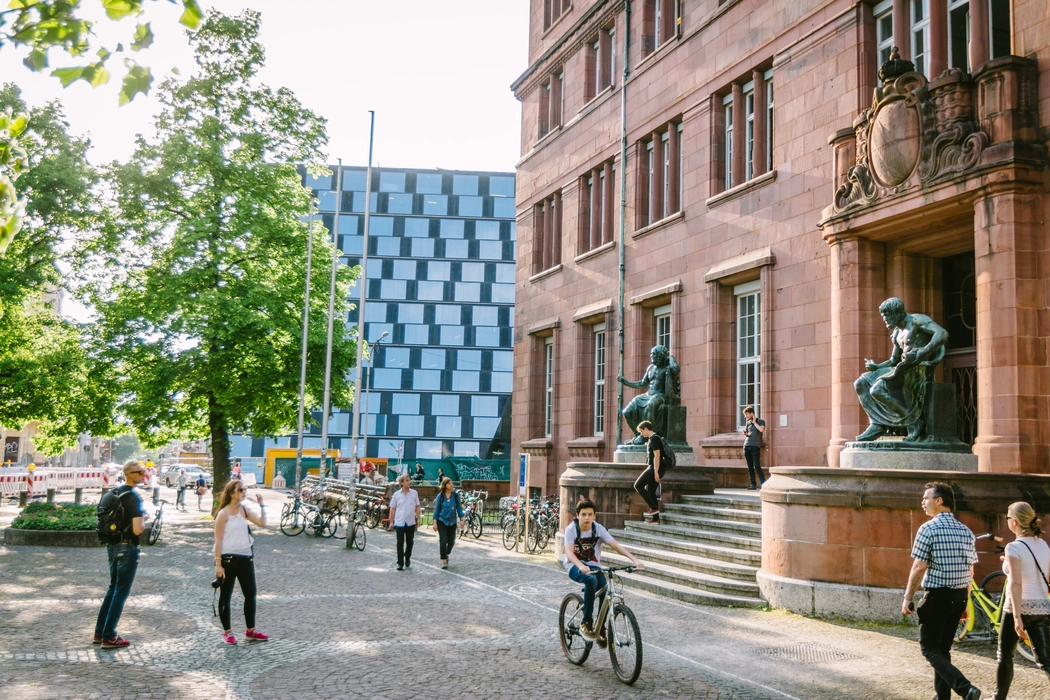How Did China Juridically Deal with Atrocities Committed During the Cultural Revolution?
DOI:
https://doi.org/10.21036/LTPUB10126Researcher
Daniel Leese is a Junior Professor of Sinology at the Albert-Ludwigs-University Freiburg (Germany). In 2003, Leese received his PhD with distinction from the International University Bremen (Germany). Leese’s research interest encapsulates China’s political, social, and cultural history, particularly in the 20th century. His monograph on the Mao Cult: Rhetoric and Ritual in China’s Cultural Revolution, has been published by Cambridge University Press in 2011 in English, and awaits the publication in Chinese. For his research Leese was awarded the ERC Starting Grant, to further investigate the Maoist Legacy.

Original Publication
Revising Political Verdicts in Post-Mao China: The Case of Beijing's Fengtai District
Daniel Leese
Published in
Citation
Daniel Leese,
Latest Thinking,
How Did China Juridically Deal with Atrocities Committed During the Cultural Revolution?,
https://doi.org/10.21036/LTPUB10126,
Credits:
© Daniel Leese
and Latest Thinking
This work is licensed under CC-BY 4.0
